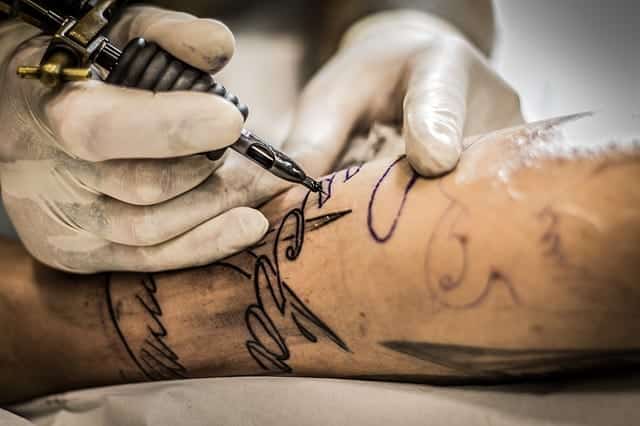
Tattoos are increasing in popularity. It is not unusual to find artistic and aesthetically pleasing tattoos. Various artists able to create almost life-like tattoos. Artists like Jing, who creatively designs minimalist and floral tattoos, or Pablo Puentes who has a unique approach to his tattoo designs evident in his Double Up series, are becoming more sought-after every day. Getting tattoos like these will surely make you stand out among your friends.
An increase in the number of people getting tattoos can also cause an increasing number of tattoo artists without proper knowledge about the procedure. This misinformation can result in more people getting infections.
Tattoo Infections
Getting a tattoo can cause minor inflammation. This is normal. However, it could also lead to infection and other types of reactions. A 2016 study found that about 0.5 to 6% of adults experienced infectious complications. Tattoos with severe symptoms lasting for a few days may need medical attention and may need to talk to a malpractice attorney.
The US Food and Drug Administration (FDA) advised individuals to think before getting inked. The FDA receives tons of reports of people developing infections from contaminated tattoo inks. From 2004 to 2016, the FDA received 363 reports of adverse tattoo effects.
The majority of tattoo studios follow strict health and safety standards. Experienced tattoo artists carefully prepare a sterile environment to reduce the risk of infection. However, this isn’t always the case. Some tattoo artists can be negligent and may cause devastating injuries instead.
Tattoo infections can result from unhygienic practices and equipment. It could also result from contaminated ink. Contaminated ink or ink diluted with unsterilized water can cause wound infections. Several reports claim that some tattoo inks contain pigments commonly used in printer toner or car paint. The FDA has yet to approve any pigments for skin injections or cosmetic purposes.
An outbreak in January 2012 involving Mycobacterium chelonae, caused skin and soft tissue infections. The outbreak infected 19 people in several US states. The affected individuals reported the presence of persistent rash and swelling in the tattooed areas. The tattoo artists were found to use a prediluted ink that was previously contaminated. So the ink can become contaminated even if it is in a sealed container.
How Do I Know If My Tattoo is Infected?
Immediately after getting a tattoo, a noticeable rash or bump is characteristic. Some people develop a fever as a reaction to the procedure. However, a rash may also mean an allergic reaction, especially if it persists for a few days. Since inks are permanent, the allergic response will continue for a long time.
If you notice any of the following symptoms, visit a doctor immediately:
- Persistent Swelling
- Fever and Chills
- Purulent Drainage
- Foul Odor
- Presence of Red Streaks
Can I Claim Compensation for Tattoo Infections?
Individuals who contract infections or injuries resulting from a negligent tattoo procedure can submit a personal injury claim. Many companies, including tattoo parlors, have insurance coverage as their protection against incidents that may arise from the procedure. If there is a clear indication of wrongdoing, the aggrieved party can file for a claim.
Tattoo infections may arise from a variety of factors such as:
- Unsanitary tattoo parlor
- Unsterilized equipment
- Contaminated tattoo ink
- Reusing of tattoo needles
- Inexperienced tattoo artist
- Lack of proper tattoo information
If you need to file for an injury claim, you must document everything that you can. Take pictures of the progression of the infection, keep records from hospital visits and consultations, and recall and write all the information to describe the events when you had your tattoo.
Now that you know tattoo infections can occur, make sure only to employ the services of a legit tattoo artist. It would also be best to check whether you have allergies to any dyes. Should you fail to do, take consolation in that you have attorneys that can help you out.
